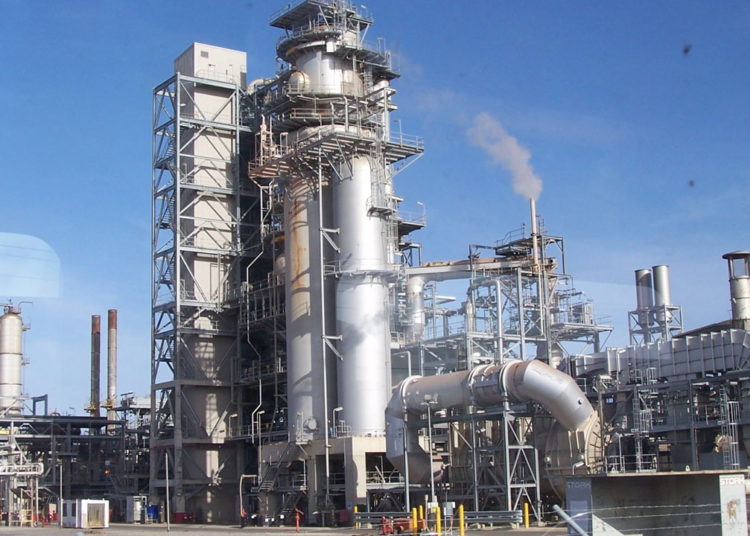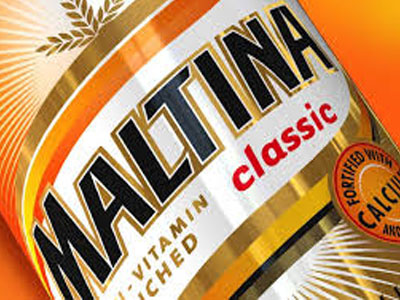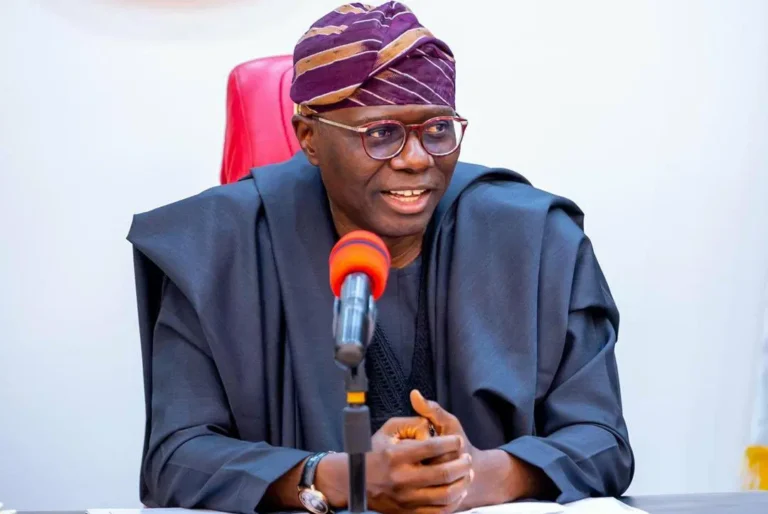
The management of Dangote Refinery has announced that it is selling petrol at a reduced rate of N960 per liter for supply via ships and N990 per liter for supply via trucks.
This statement was made by Anthony Chiejina, the refinery’s spokesperson, on Sunday.
The announcement follows a dispute between Dangote and fuel marketers, with marketers claiming that imported petrol is priced lower than the refinery’s output.
Responding to these claims, Chiejina clarified that the 650,000 barrel per day (bpd) refinery adjusted its pricing after the deregulation introduced by the national oil company, NNPC.
Dangote Refinery noted that while NNPC has set its prices at N971 for ship-based sales and N990 for truck-based sales, the refinery opted to set its price at N960 for ship sales, keeping the truck rate at N990.
“We had lately refrained from engaging in media fights, but we are constrained to respond to the recent misinformation being circulated by IPMAN, PETROAN, and other associations.
Both organisations claim that they can import PMS at lower prices than what is being sold by the Dangote Refinery. We benchmark our prices against international prices, and we believe our prices are competitive relative to the price of imports.
“Post deregulation, NNPC set the pace by selling PMS to domestic marketers at N971 per litre for sale into ships and at N990 for sale into trucks. This set the benchmark for our pricing, and we have even gone lower to sell at N960 per litre for sale into ships while maintaining N990 per litre for sale into trucks.
“In good faith, and in the interest of the country, we commenced sales at these prices without clarity on the exchange rate that we will use to pay for the crude purchased,” the statement read in part.
More Insights
Speaking further, Dangote stated that its pricing is aligned with the international benchmark, and any imported petrol sold at a cheaper rate is likely substandard.
- Chiejina noted that this could be the case, as the regulatory body, NMDPRA, currently lacks the laboratory facilities to test the quality of petrol being imported into the country.
- He added that those selling substandard fuel show little regard for people’s vehicles and machinery and do not prioritize the public’s best interests.
- Additionally, the spokesperson emphasized that there is nothing wrong with the federal government protecting its local industries, as is the practice in other countries.
“If anyone claims they can land PMS at a price cheaper than what we are selling, then they are importing substandard products and conniving with international traders to dump low-quality products into the country, without concern for the health of Nigerians or the longevity of their vehicles.
“Unfortunately, the regulator (NMDPRA) does not even have laboratory facilities that can be used to detect substandard products when imported into the country.
“We should point out that it is not unusual for countries to protect their domestic industries in order to provide jobs and grow the economy. For example, the US and Europe have had to impose high tariffs on EVs and microchips in order to protect their domestic industries,” Dangote added.
SOURCE: NAIRAMETRICS




